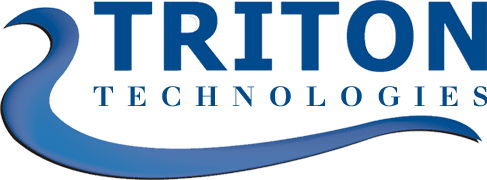201 cmr 17.00 Compliance with Triton Technologies
The Massachusetts Data Security Law, officially known as 201 CMR 17.00, was enacted in response to a decade of escalating data breaches, hacks, theft, and personal data compromises. This imperative legislation has been in force since 2009, signifying Massachusetts’ commitment to protecting its residents’ personal information, regardless of where they are in the world.
Triton Technologies offers invaluable support in ensuring compliance with this stringent data security law. Our solutions streamline the categorization, recognition, and standardization of log data, simplifying the process of analysis and reporting. With our powerful alarming features, your analysts can receive timely notifications that highlight critical events, thereby enhancing your organization’s ability to adhere to the Massachusetts Data Security Law.


